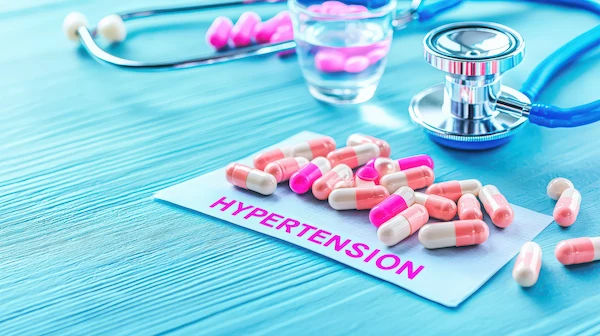- Male
- 36 Years
- 22/01/2025
I've been dealing with hypertension for the past two years, and after taking medication, my blood pressure is finally normal. But now my ECG shows a nonspecific T-wave abnormality. Should I be worried about this? My local doctor mentioned it's normal, but I'm still a bit anxious about what it could mean.
More Cardiology Health Queries
View allI've been experiencing some concerning health issues lately and could really use some guidance. I'm 32, from Hyderabad, and generally healthyI don't smoke and only drink beer like once in every three or four months. I used to be really active with running, climbing, and cycling, even training for triathlons. But around five months ago, I started having chest pain that spreads to my back and left arm, especially when I'm lying down. Despite having had an ECG, echo, TMT, troponin, and a CT angiography, all these tests came back negative. The only thing I've been diagnosed with is high heart rate, for which I'm on medication. This has helped bring down the chest pain but not completely. Now, for the past month, I've had intense headaches and dizziness that make me feel like I might just collapse. Last night was particularly bad with the headache and chest pain. I'm really worried and not sure how to proceed. Could you advise on what might be causing this and what I should do next?
It sounds like you are experiencing a combination of chest pain, back pain, left arm pain, headaches, and dizziness. Since your cardiac tests have come back negative and you are already being treated for high heart beats, it is important to consider other possible causes for your symptoms. The chest pain, back pain, and left arm pain could be related to musculoskeletal issues or nerve impingement. For your headache and dizziness, it may be helpful to explore the possibility of migraines or other neurological conditions. I recommend trying a medication like Acetaminophen for your headache and pain relief. For your ongoing chest pain, back pain, and left arm pain, you can try a muscle relaxant like Cyclobenzaprine. Additionally, for your high heart beats, you can continue with the medication prescribed by your doctor. However, it is important to follow up with your healthcare provider to discuss these new symptoms and explore further evaluation or treatment options.
Answered by 1 Apollo Doctors
I've just had a 2D echo and it mentioned mild concentric LVH. I'm curious about what that really means. Should I be worried about it? Could you explain it in a way that's easy to understand?
left venticular hypertrophy
Answered by 1 Apollo Doctors
I'm dealing with some stuff and wondering if you could help me out. I've been having this chest pain lately, and my chest feels really heavy. Plus, there's this back pain that's been bugging me, and I feel exhausted all the time. What could be causing this, and should I be worried?
Ecg and x-ray chest pa view is advised to the patient.
Answered by 1 Apollo Doctors
Disclaimer: Answers on Apollo 247 are not intended to replace your doctor advice. Always seek help of a professional doctor in case of an medical emergency or ailment.




